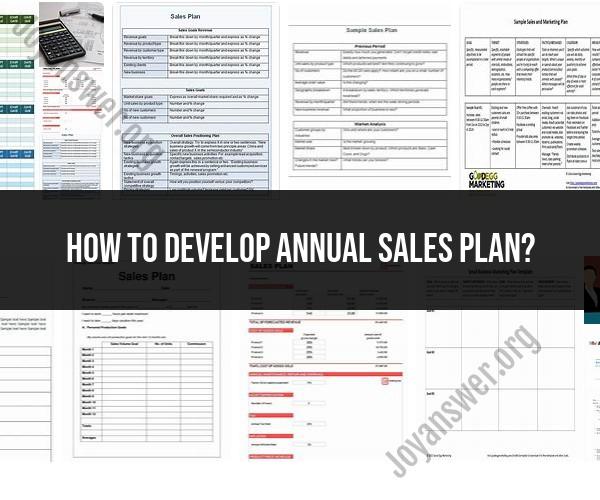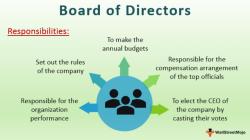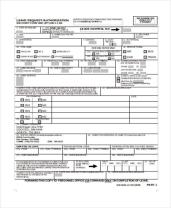How to develop annual sales plan?
Developing an annual sales plan is crucial for setting clear goals, defining strategies, and guiding your sales team toward success. Here are the key steps and strategies to help you develop an effective annual sales plan:
1. Review Previous Performance:
- Start by analyzing your sales performance from the previous year(s). Identify what worked well and what didn't. Consider factors like revenue, market share, customer feedback, and sales team performance.
2. Set Clear Objectives:
- Define specific, measurable, achievable, relevant, and time-bound (SMART) sales objectives for the upcoming year. These objectives should align with your overall business goals. Examples of objectives may include revenue targets, market expansion goals, or customer acquisition targets.
3. Segment Your Market:
- Divide your target market into segments based on demographics, behaviors, needs, or other relevant criteria. Understanding your customer segments will help tailor your sales strategies and messaging.
4. Identify Sales Strategies:
- Determine the sales strategies and tactics you will use to achieve your objectives. Consider factors like pricing, product positioning, marketing campaigns, and sales channels (e.g., online, offline, direct, indirect).
5. Allocate Resources:
- Determine the resources needed to implement your sales plan. This includes budget allocation for marketing and sales initiatives, staffing requirements, and technology or tools that may be necessary.
6. Develop Sales Forecast:
- Create a sales forecast that outlines expected sales revenue on a monthly or quarterly basis throughout the year. Use historical data and market research to make realistic projections.
7. Define Key Performance Indicators (KPIs):
- Identify the KPIs that will help you measure the success of your sales plan. Common sales KPIs include conversion rates, customer acquisition cost (CAC), customer lifetime value (CLV), and sales team performance metrics.
8. Sales Team Training and Development:
- Ensure your sales team has the necessary skills and knowledge to execute the sales plan effectively. Provide training and development opportunities to improve their capabilities.
9. Sales Territory Management:
- Assign specific territories or regions to your sales team members, if applicable. Define responsibilities and targets for each team member based on their territory.
10. Marketing and Promotion Plan:- Develop a comprehensive marketing and promotion plan that supports your sales objectives. Consider digital marketing, content marketing, social media, advertising, and other promotional activities.
11. Sales Collateral and Tools:- Create or update sales collateral, presentations, and sales tools that your team can use to communicate effectively with customers. Ensure they have the necessary resources to make successful sales pitches.
12. Sales Process Optimization:- Continuously refine and optimize your sales process to remove bottlenecks and improve efficiency. This may involve adopting sales automation tools or CRM systems.
13. Monitoring and Review:- Regularly monitor your progress against the sales plan and review your KPIs. Hold periodic meetings with your sales team to assess performance and make necessary adjustments.
14. Adjustments and Adaptations:- Be prepared to adapt your sales plan as market conditions change or new opportunities arise. Flexibility is key to long-term success.
15. Communication and Alignment:- Ensure that your entire organization is aligned with the sales plan's objectives and strategies. Clear communication of goals and progress is essential.
16. Contingency Planning:- Develop contingency plans for potential challenges or disruptions that may affect your sales efforts, such as economic downturns or supply chain issues.
17. Regular Reporting:- Establish a reporting process that provides regular updates on sales performance to key stakeholders within the organization.
Remember that an annual sales plan is a dynamic document that should evolve as your business and market conditions change. Regularly assess your progress and adjust your strategies to stay on track toward achieving your sales objectives. Collaboration and feedback from your sales team and other departments are valuable for refining your plan and ensuring its success.













